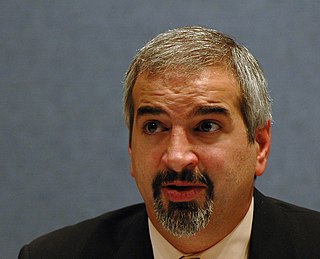A Quote by Werner Herzog
I'm not a journalist; I'm a poet.
Quote Topics
Related Quotes
One of the appeals of William Carlos Williams to me is that he was many different kinds of poet. He tried out many different forms in his own way of, more or less, formlessness. He was also a poet who could be - he was a love poet, he was a poet of the natural order and he was also a political poet.
I am old enough to think the word 'journalist' is not all that noble a designation. Journalist - that record keeper, quote taker and processor of press releases - was, in the world of letters I grew up in, a lower-down job. To be a writer - once the ambition of every journalist - was to be the greater truth teller.
The dominant and most deep-dyed trait of the journalist is his timorousness. Where the novelist fearlessly plunges into the water of self-exposure, the journalist stands trembling on the shore in his beach robe. The journalist confines himself to the clean, gentlemanly work of exposing the grieves and shames of others.





































